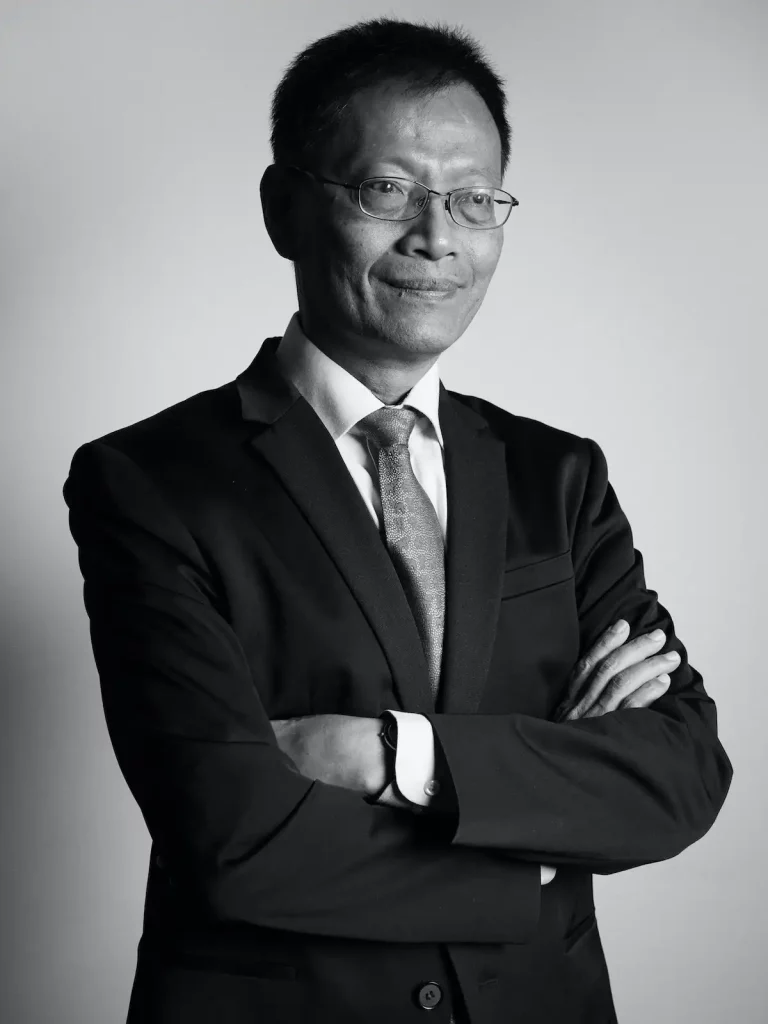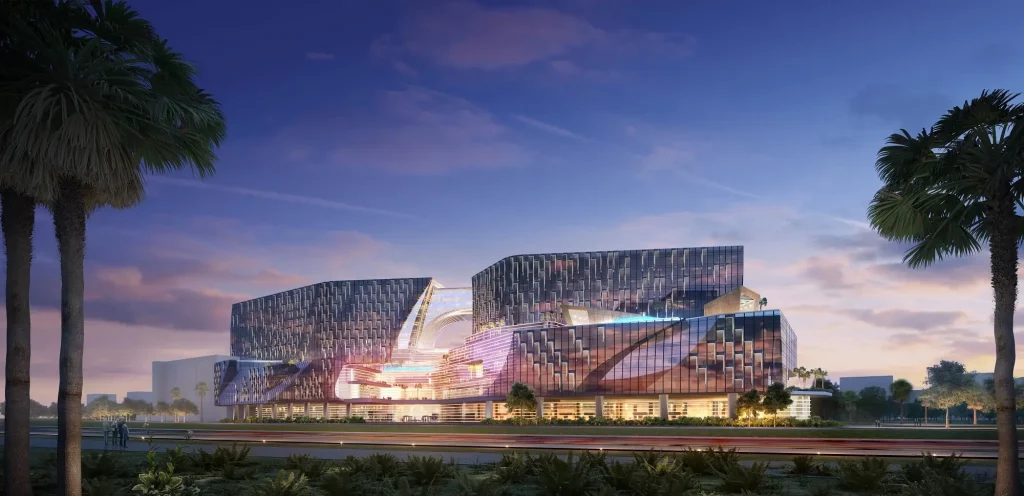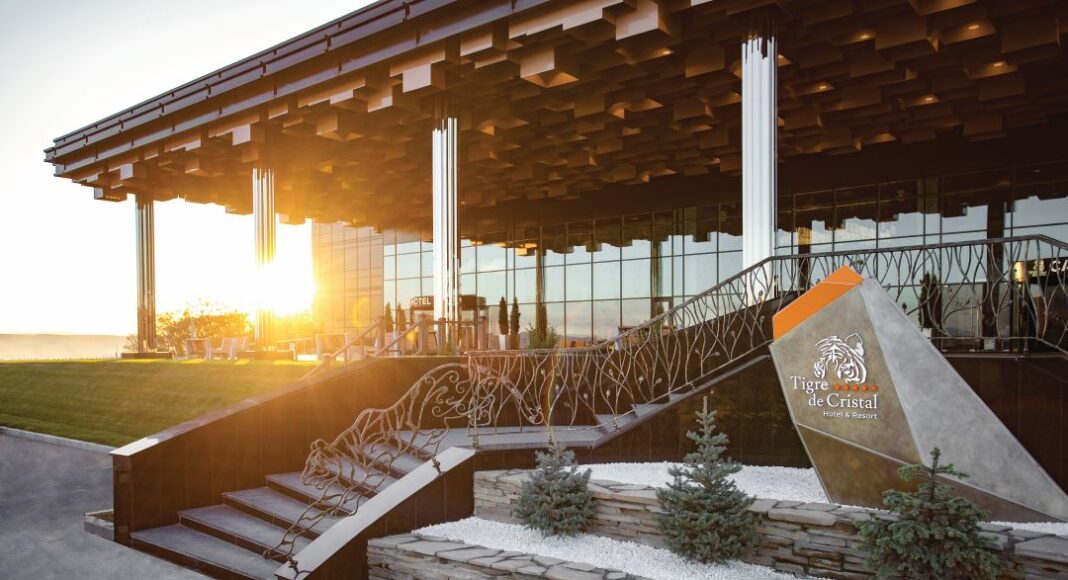The sale of the Tigre de Cristal casino in Vladivostok, Russia, is allowing for companies linked to its operator Summit Ascent – namely the LET Group and its subsidiary Suntrust Resort Holdings – to focus their efforts on markets which can actually deliver returns, such as the Philippines.

IGamiX Managing Partner Ben Lee points out in this week’s Under the Scope that the company was lucky to achieve the sale, amongst a backdrop of conflict and sanctions.
“I’m aware that the Tigre de Cristal was for sale since the start of the Russian invasion of Ukraine,” points out Lee, noting in particular the international sanctions on the country, difficulties in travel to and from the Vladivostok region – in Russia’s far east, and a decrease in the number of outbound Chinese since COVID measures were lightened.
While the (most recent) conflict began in February of 2022 (and sanctions were already imposed due to the 2014 incursion), Summit Ascent back in October of 2020 was already noting that it needed to ‘diversify its income sources’ – slashing plans for its Phase 2 of the project and leading to the takeover of the majority of the company’s shares by then-junket group Suncity (since reformed and rebranded as LET Group).
In March of last year, the group noted that it was potentially ‘looking for strategic local partners’ to operate the integrated resort.
The LET Group’s recent announcement that it was selling its share in the project for $116 million, namely G1 Entertainment LLC (which holds the gaming license), was not met with open arms by all, however. All of the Hong Kong-listed company’s independent directors resigned on January 15th ‘due to their disapproval’ of the transaction.
Lee points out that, given the significant losses other large multinationals have taken in disposing of, or relinquishing all together, their assets in Russia due to its volatility “the LET group has done well” in managing to sell the company.
Breaking down the ownership
“Nobody knows how long the international sanctions on Russia will last. That could distract them from their focus on the project in Manila. So, it made a lot of sense for them to basically sell out of Vladivostok to focus solely on the Philippines,” notes Lee.
The LET Group holds some 70 percent of the shares in Summit Ascent, which in turn holds a 75 percent stake in Oriental Regent Limited. G1 Entertainment is a wholly-owned subsidiary of Oriental Regent – with Summit Ascent collecting 3 percent net gaming revenue generated by G1.
And Summit Ascent has been frequently used as an avenue to prop up the LET Group’s aspirations in other countries – such as the Westside City Project integrated resort in Manila – by providing loans or buying bonds from LET subsidiaries – including Suntrust.


Summit is the holder of two separate convertible bonds in Suntrust for PHP5.6 billion ($99.62 million) and PHP6.4 billion ($113.84 million), issued in 2020 and 2024. And in 2023, it noted it would subscribe for a further PHP13.51 billion ($240.32 million) in bonds – which has yet to be issued, according to Suntrust’s most recent filing.
In the filing, the group notes that there is not ‘sufficient information’ that the sale of the Tigre de Cristal-linked company ‘will have a direct impact’ on Suntrust.
The LET Group holds a 51 percent share in Suntrust Resort Holdings via a subsidiary.
Suntrust will operate the main hotel casino in the Westside City Project, including a 5-star hotel with over 450 rooms, while Westside City Resorts World Inc will operate over 2,000 hotel rooms, a shopping mall, opera and restaurant and theater district in the 200,000 square meter project.
According to previous releases, the hotel casino project is expected to open within this year.
Philippines trumps Primorye
While the Primorye region in Russia had initially been touted as a rival to Macau, with up to $5 billion in revenue (according to a feasibility study in 201 by Global Market Advisors) coming from eight proposed casino developments – the first of which to open was Tigre de Cristal (then backed by Melco’s Lawrence Ho), the Philippines has emerged as a much more prominent gaming market.
Ben Lee notes that Vladivostok itself has little in the way of leisure and Tigre de Cristal is effectively isolated, being an hour drive from Vladivostok. Even Cambodian gaming operator NagaCorp decided to cancel its project in the region after seeing diminishing opportunities.
It’s of little surprise then that the LET Group now will focus on a project located just eight minutes from the buzzing Ninoy Aquino International Airport, that can depend on a local gambling market, and is not subject to significant capital restraints due to ongoing conflict.











